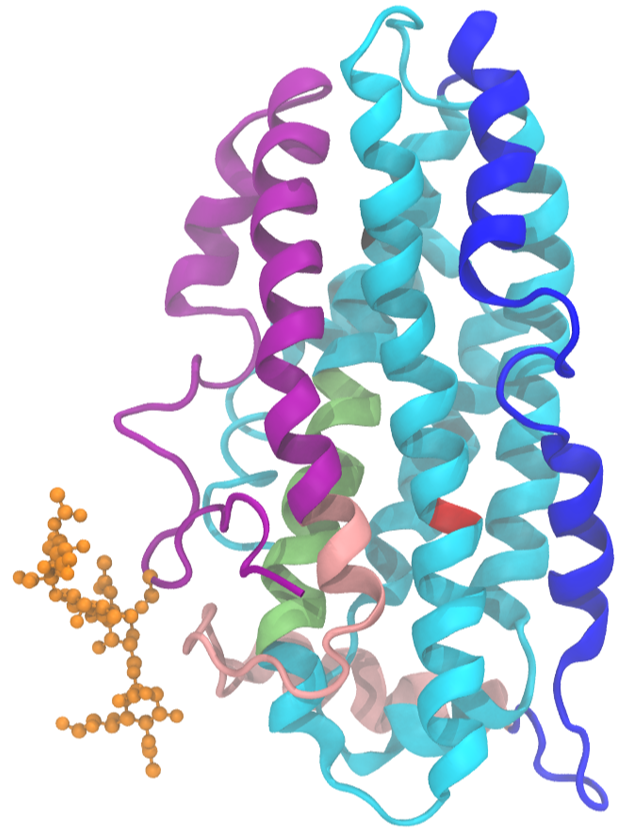You are here
APOE Structure, Function and Impact on Disease
Speakers
Abstract
The Flowers lab investigates the impact of carbohydrate post-translational modification on protein function and how these modifications influence diseases of aging, focusing on Alzheimer’s disease (AD). The APOE4 genotype is the most profound genetic risk factor for sporadic AD and it is common; up to 25% of the population carries at least one APOE4 allele which increases AD risk approximately three times compared to APOE3. In contrast, the APOE2 allele reduces the risk of AD considerably. While the APOE4 genotype increases Aβ and tau AD pathologies, many differences ranging from inflammation to neuron complexity are also apparent in the normal APOE4 brain. Given the complex ways APOE genotype impacts many processes and functions in the healthy brain as well as a range of neurodegenerative diseases, it is perhaps unsurprising that the precise mechanism linking APOE and AD remains elusive. An important consideration to the structure of APOE that is often overlooked is that it is an O-glycoprotein. Glycosylation is common with more than half of all proteins holding these modifications and like other PTMs is dynamic and often reflects the state of the cell and local environment. To understand these important modifications, we use advanced techniques including mass spectrometry and induced pluripotent stem cell (iPSC) technology. Our mass spectrometric techniques are able to characterize and quantify carbohydrate PTMs, particularly O-glycosylation, from patient samples and iPSCs. I will discuss our APOE glycoproteomic as well as functional analyses and how APOE glycosylation is tailored to support the myriad binding functions around the body and may be impacted in AD leading to functionally impaired APOE molecules.


